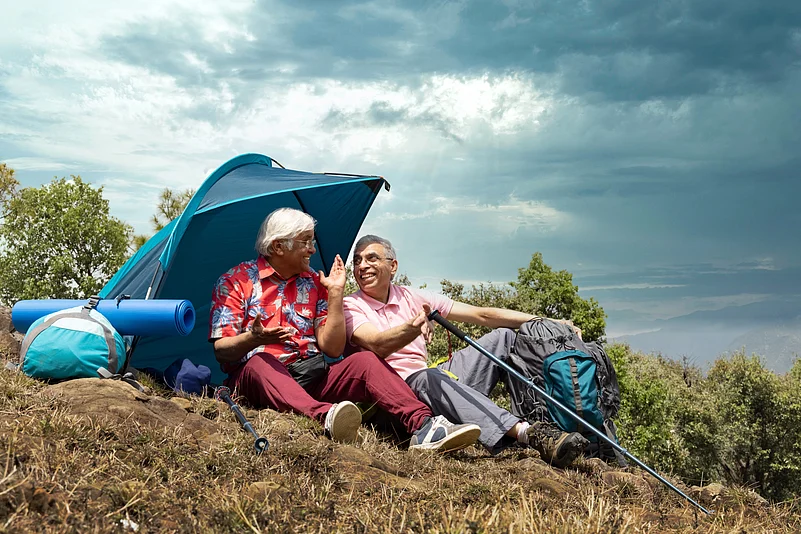Preparing for an overseas trip for senior travellers is more than just getting flights and packing bags. Health and safety considerations must be taken into account to ensure a smooth and peaceful journey. Here is a checklist of the key areas seniors must address before they take off.
1. Consult with Healthcare Providers
Older adults considering travel outside India should visit their primary healthcare provider before a trip. This may provide the chance to examine their health conditions before travelling. The individual's healthcare provider can assess their health condition and review recommendations for vaccinations specific to certain countries, such as obtaining flu and pneumonia vaccinations if necessary. Sufficient prescription medication for the trip and copies of prescriptions are essential for chronic conditions.
2. Obtain comprehensive travel insurance
Medical emergencies tend to be expensive abroad; hence, one must ensure that one gets the right travel insurance with good medical coverage.
Seniors are advised to seek policies covering emergency medical evacuations, especially in remote areas. Reading the fine print is highly recommended since some insurance policies exclude pre-existing conditions unless requested.
3. Health and Safety Kit
Older people should carry a health kit with hand sanitisers, face masks, sunscreen, and insect repellent. In addition, carrying items like a digital thermometer, blood pressure monitor, or any equipment relative to specific health conditions is important. A neatly organised health kit will ensure the availability of health-related things whenever needed, thus avoiding the risk of not having essential supplies in unknown places.
4. Stay Informed and Plan Ahead
Knowledge about local healthcare infrastructures can make travel safe and enjoyable. Seniors are recommended to learn emergency contact numbers and hospitals near them. Knowing a few essential words in the local language for help can be handy during an emergency.
5. Adopt Smarter Traveling Habits
Small precautions, like drinking sufficient water and avoiding risky foods, etc., can make a big difference in maintaining health on the road. Regular breaks, rehydration, and minimising high-energy physical activity are encouraged among seniors. Furthermore, food-borne diseases can be reduced if street food is avoided and only bottled or boiled water is consumed.
Travelling can be a fulfilling experience for seniors if planned well. A health and safety checklist can help seniors maximise their enjoyment during travelling while minimising various risks.















